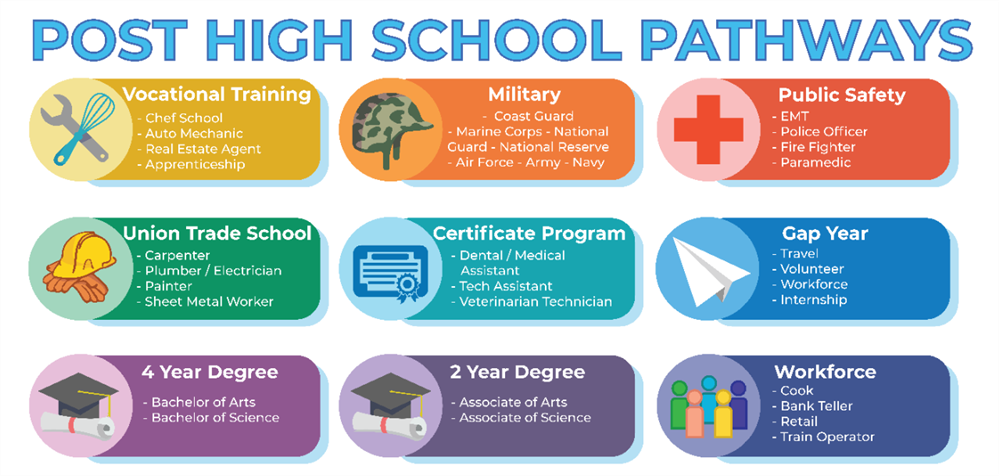Real-life starts after high school — or at least, professional life does. But while college may seem like the inevitable next step after your high school diploma, you shouldn’t be blinded to the alternatives. Some students don’t want to go to college but don’t get enough information regarding other options. They begin to settle for low-paying jobs that don’t offer career opportunities just because of a lack of information about other options. What other options are we referring to? Trade Schools; vocational and technical education.
Many parents get an initial gut reaction to the idea of vocational and technical education when mentioned by their children. Negative attitudes and misconceptions persist even in the face of the positive statistical outlook for the job market for these middle-skill careers. “It is considered a second choice, second-class. We must begin to change how people see vocational and technical education.
Don’t get me wrong, of course, we need teachers, doctors, lawyers, marketing managers, accountants, and other similar professions. However, we also need plumbers, electricians, nursing assistants, dental hygienists, carpenters, commercial truck drivers, and respiratory and radiation therapists.
To change the narrative regarding trade schools, let’s clearly define it.
What is a Trade School?
Trade schools typically omit general education and liberal arts classes. Instead, they offer dedicated training in a specific, skilled vocation. For that reason, some people call these institutions vocational schools — an umbrella term that can encompass career and technical schools as well. Though these terms are sometimes used interchangeably, there are subtle differences.
Trade school education typically leads to careers in skilled trades, whereas technical and career schools focus on generalized practical training and marketable skills. Additionally, programs in technical schools often feature more lecture-style classes than trade schools.
Trade schools provide diplomas or certificates upon completion. Depending on the trade, graduates may qualify to enter their professions directly, or they may need to sit for a licensure examination or become an apprentice.
Here are a few things to consider before making your decision.
Subject Matter: Trade School vs. College
Time to Complete Program: Trade School vs. College
Cost: Trade School vs. College
Average Salaries: Trade School Jobs vs. College-Based Jobs
Price of Education: Trade School vs. College
Job Security: Trade School vs. College
Career Flexibility: Trade School vs. College
When deciding between trade school vs. college, students should examine their strengths, interests, and career goals. Ultimately, the objective of both is to offer quality education and help you land a future career.
Here’s a visual of all post high school pathways.
















































